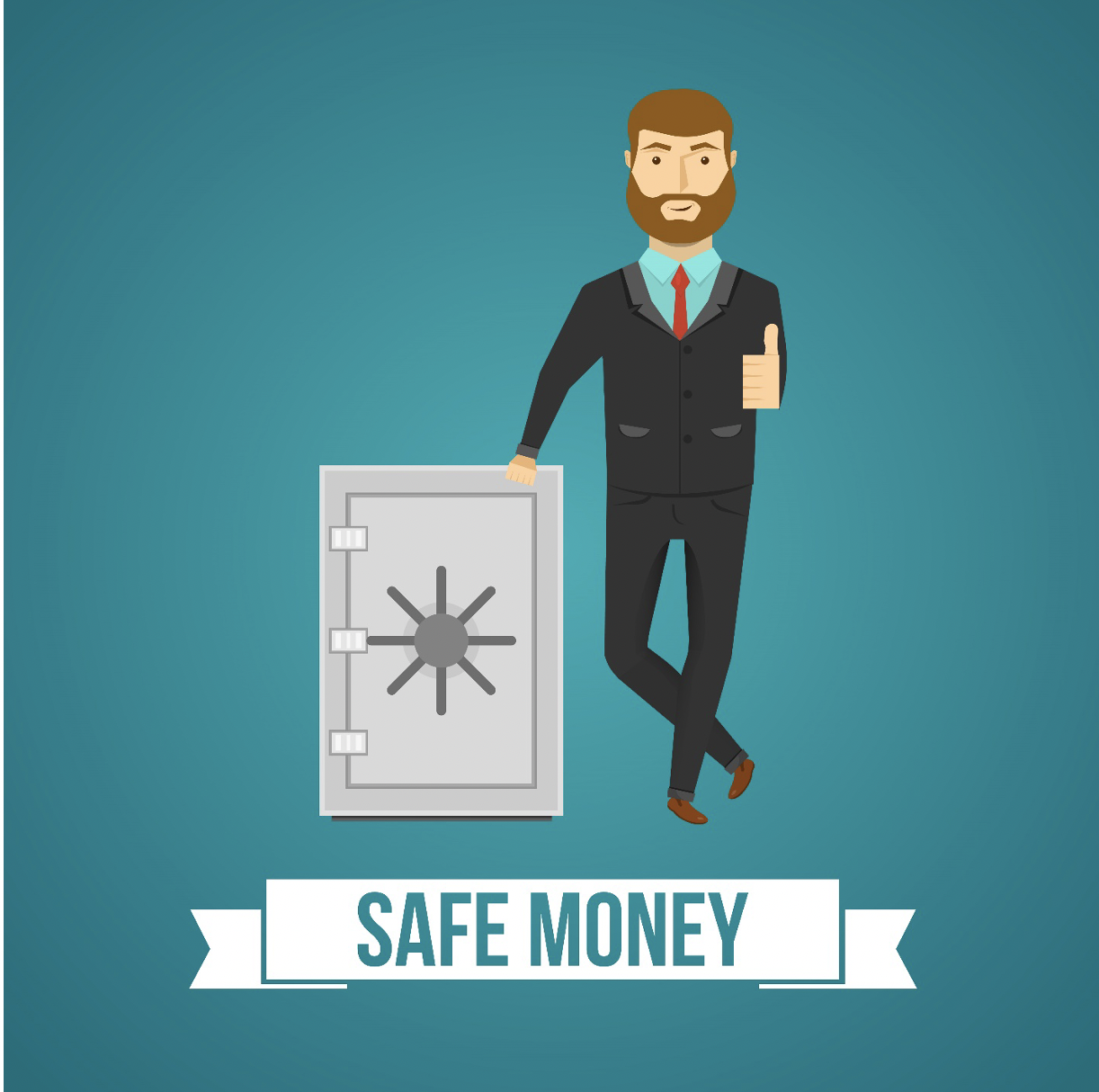
When a lease is signed, one of the first financial considerations tenants and landlords handle is the security deposit. Although the idea of a deposit—protecting landlords against damage or late rent—is straightforward, the management and value of this money have changed. Particularly in 2025, with new regulations and digital tools, understanding the security deposit requirements is absolutely vital.
This guide will address the legal issues to be taken into account, the average cost of a security deposit in 2025, and how landlords and tenants should treat this crucial element of renting.
What Is a Security Deposit?
Before moving in, a renter pays a landlord a certain sum of security deposit.
It provides a financial protection for the landlord should:
Depending on the state of the asset and the rental contract regulation, this deposit is recoverable; it should be reimbursed to the renter at the end of the lease either totally or partially.
How Much Is a Security Deposit in 2025?
National Averages
As of 2025, the standard security deposit in most U.S. states still falls within:
However, exact amounts vary depending on:
For example:
In cities with high rent (e.g., New York and San Francisco), landlords often charge up to two months’ rent.
In more affordable markets, a one-month deposit is the norm.
Commercial Rentals and Luxury Properties
In 2025, luxury units or commercial spaces often require deposits of:
Legal Guidelines for Security Deposits
Laws governing how much is a security deposit can vary greatly by state or even municipality. Most legal frameworks cover:
In 2025, more states have introduced interest-bearing escrow requirements, meaning the deposit must be held in an account that earns interest for the tenant.
Factors That Affect Security Deposit Amounts
Several variables influence the amount a landlord might charge:
1. Credit Score and Rental History
Tenants with excellent credit and consistent payment history may negotiate lower deposits. Conversely, landlords may ask for more if there’s a history of missed payments.
2. Pet Ownership
Properties that allow pets often include:
3. Furnishings
Furnished rentals come with a higher risk of damage, prompting landlords to charge higher security deposits.
4. Lease Term
Shorter leases may have a flat deposit rate, while long-term agreements generally use a rent multiplier (e.g., 1.5x rent).
How Landlords Handle Security Deposits in 2025
Landlords are increasingly using digital platforms to manage security deposits securely and transparently. In 2025, the traditional methods—paper checks and offline records—are being replaced by online tools that offer:
Many states are also leaning toward mandating escrow accounts for holding deposits, ensuring the funds are separate from the landlord’s operational finances.
Tenants’ Rights and Best Practices
For tenants, understanding their rights is crucial. Here are 2025’s best practices to protect your deposit:
Managing Security Deposits with Baselane
For landlords seeking a modern, simplified way to manage finances, security deposits are one of the most sensitive transactions. A platform like Baselane offers integrated financial management tools tailored for real estate investors and landlords.
What makes it especially useful for handling deposits is its ability to:
Although Baselane does not specifically provide escrow in the legal sense, it helps guarantee that the money is handled honestly and easily tracked. This helps tenants and landlords to develop trust and lessens conflicts around deposit processing.
From one dashboard, landlords have a 360-degree perspective of their portfolio by combining these elements with rent collecting, budgeting, and spending management. Small-scale landlords who want to remain compliant without handling several banks or spreadsheets may find it especially useful.
Security Deposit Alternatives in 2025
Additionally, looking for substitutes for conventional security deposits are certain renters and landlords:
While these choices can cut tenant move-in expenses, they sometimes come with trade-offs, such as no reimbursement at lease termination. They are, however, becoming more and more popular in high-demand areas or among younger tenants seeking adaptability.
Final Thoughts
How, then, will a security deposit be valued in 2025? Although the monthly rent is still the norm, real rates vary depending on location, kind of property, and tenant profile. More than ever, legal compliance and open deposit management are crucial—especially in view of tighter escrow rules and tenant protection in force.
Using sophisticated digital solutions to handle these interactions guarantees justice, responsibility, and peace of mind for tenants as well as for their landlords. Whether you are paying or collecting a deposit, keeping aware and applying appropriate methods can help to minimize problems and guarantee a flawless rental experience.